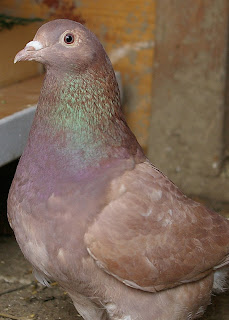Thinking about raising your own flock of chickens for eggs?
Wondering if a goat would make a great lawnmower?
Next month, we'll be teaming up with the people at Brick City Gardens to lead a workshop on raising livestock in an urban setting. You can learn the in's and out's of caring for and maintaining a variety of animals like chickens, ducks, goats, rabbit and quail. We'll teach you a myriad of things including what legalities to be aware of, proper ways of slaughter, and tips on how to succeed.
The event will be held at Schlafly Bottleworks, Maplewood on Saturday, April 30th from 9:00am-12:00pm. Cost is $40. To pre-register email Sue at brickcitygardens@yahoo.com or call (314) 630-5910. Learn more here.












